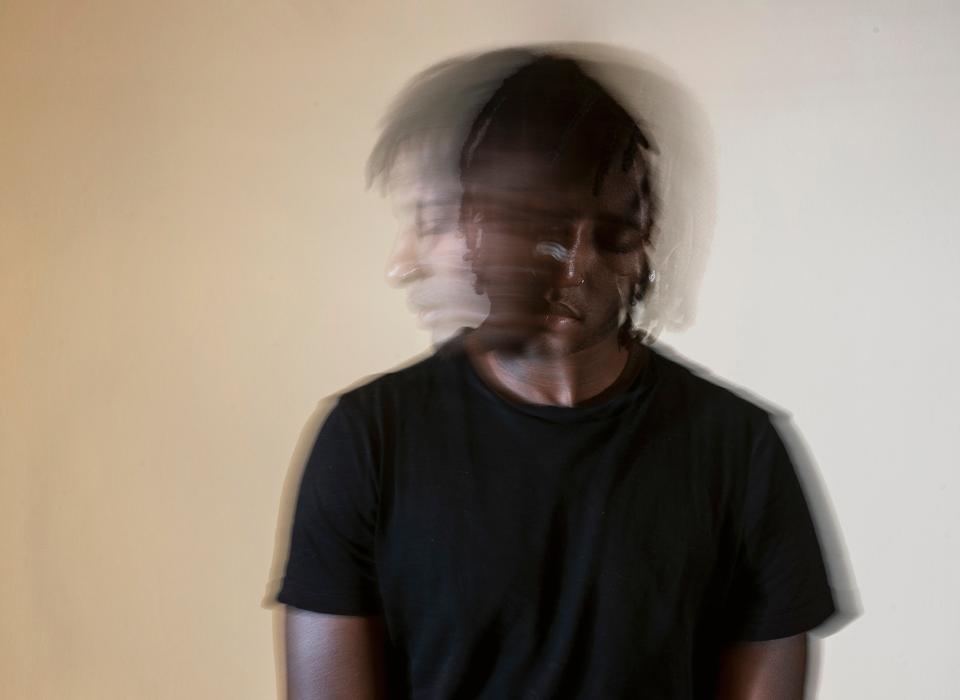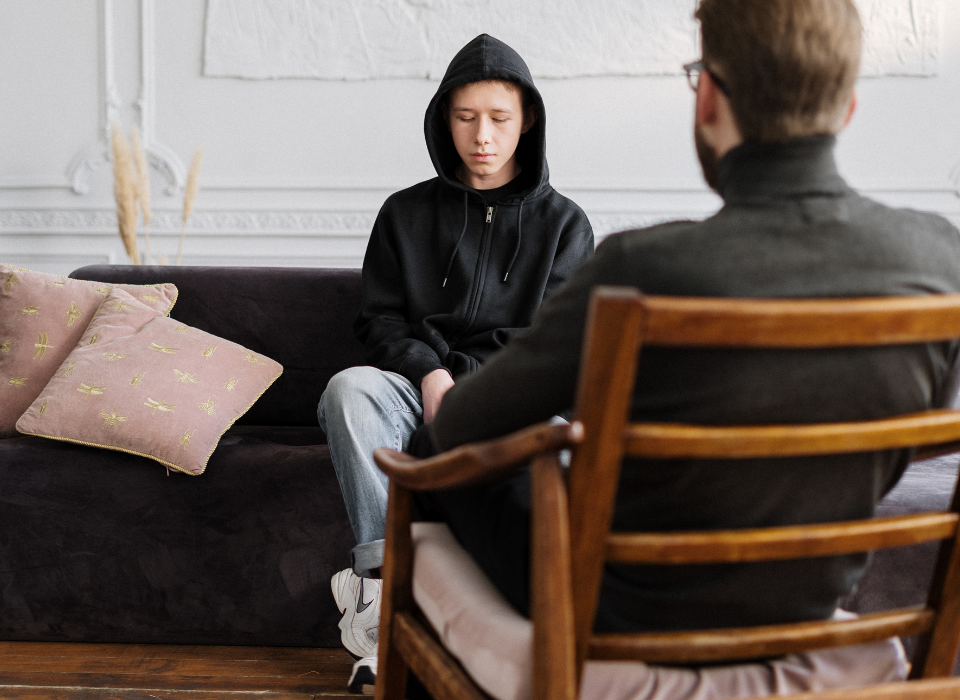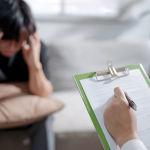
Is PTSD a Mood Disorder? Understanding How PTSD Is Classified
May 23, 2025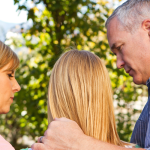
Finding Your Voice: Tips for Coming Out to Loved Ones
June 9, 2025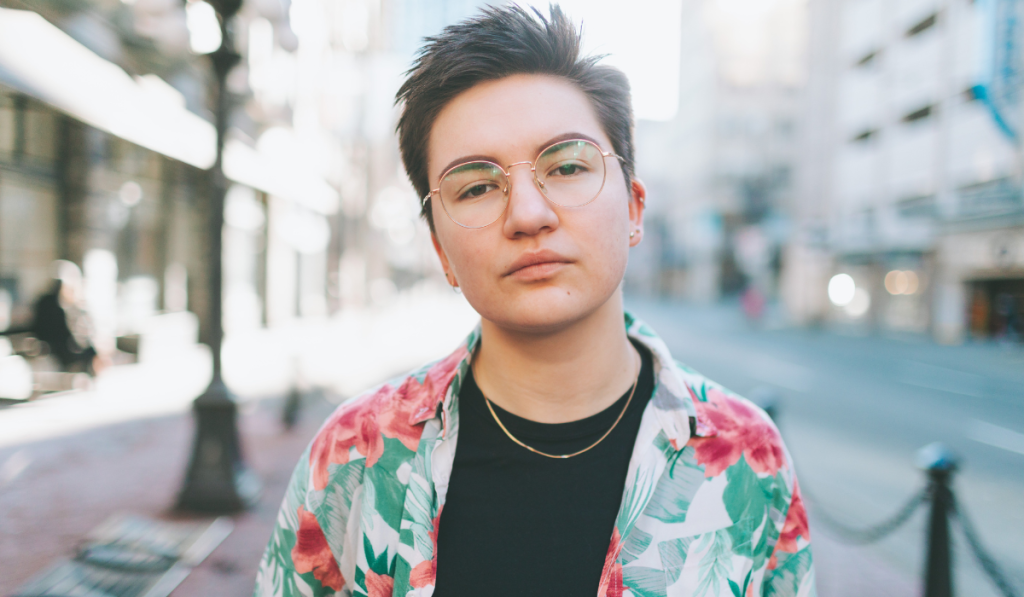
Mental health struggles don’t discriminate by gender or orientation, but gay men—and others within the LGBTQ community—often face unique challenges that increase their risk for mental health issues. While many men are raised to suppress emotions and avoid vulnerability, gay men may also endure additional hardships like discrimination, internalized shame, and identity struggles. These experiences can lead to emotional distress, mental illness, and even self-destructive behaviors if left untreated.
Understanding the signs a man needs therapy and recognizing the specific challenges gay men face is a critical step toward healing. Therapy can offer a safe, affirming space to process trauma, develop coping strategies, and find self-acceptance. Below, we explore why a man needs treatment, the signs it’s time to seek help, and the types of therapy for LGBTQ people that offer meaningful support.
Why a Man Needs Therapy—Especially in the LGBTQ Community
The pressure to conform to traditional male roles can make it difficult for men to seek help. Many grow up believing that emotional expression is a sign of weakness. This stigma is even more pronounced for gay men, who may feel alienated both from the heterosexual male world and sometimes even from broader LGBTQ spaces.
The reasons why a man needs therapy can vary, but for those in the LGBTQ community, common causes include:
- Identity and self-acceptance struggles: Coming to terms with one’s sexuality can be a complex and painful journey, especially in unsupportive environments.
- Family rejection: A lack of familial support can cause deep-rooted emotional wounds that affect self-esteem and attachment patterns.
- Internalized homophobia: Negative beliefs about oneself, instilled by societal norms or religious upbringing, can manifest in shame, anxiety, or depression.
- Discrimination and trauma: Harassment, bullying, or even violence, especially when experienced in formative years, can lead to PTSD or chronic anxiety.
- Relationship challenges: Navigating romantic relationships as a gay man can be difficult in a world that often centers on heterosexual norms.
- Substance use and escapism: Some men cope with emotional pain through alcohol, drugs, or compulsive behaviors, which can worsen underlying mental health issues.
These experiences are not only painful, but often traumatic as well. Seeking LGBTQ friendly therapy can provide a critical lifeline.
Signs a Man Needs Therapy
It’s not always easy to recognize when therapy is necessary, especially if you’ve been conditioned to “tough it out.” But ignoring mental health concerns only leads to more distress. Here are key signs a man needs therapy, particularly for those in the LGBTQ community:
- Persistent sadness or hopelessness: Feeling emotionally numb, unmotivated, or as if life lacks meaning are red flags.
- Struggles with self-worth: Ongoing feelings of inadequacy or shame—especially related to sexuality—shouldn’t be ignored.
- High levels of anxiety or panic: Constant worry, racing thoughts, or frequent panic attacks can be debilitating.
- Isolation or withdrawal: Pulling away from friends, family, or social activities is often a sign of emotional distress.
- Difficulty in relationships: Struggles with trust, intimacy, or communication can indicate deeper issues needing attention.
- Anger, irritability, or emotional outbursts: These can be signs of internal pain or unresolved trauma.
- Substance abuse or risky behaviors: These coping mechanisms may signal an attempt to avoid emotional pain.
- Thoughts of self-harm or suicide: These are urgent signs that immediate professional help is needed.
When these signs are present, seeking therapy is not a sign of weakness—it’s a powerful act of self-care.
Types of Therapy for LGBTQ People
Not all therapy is created equal, and finding a therapist who understands the nuances of LGBTQ experiences can make a significant difference. Fortunately, there are many types of treatment for LGBTQ people that offer inclusive and affirming support:
- Cognitive Behavioral Therapy (CBT): Helps individuals challenge negative thought patterns and develop healthier coping mechanisms.
- Trauma-focused therapy: Supports healing from abuse, discrimination, or violence, often using methods like EMDR (Eye Movement Desensitization and Reprocessing).
- Affirmative therapy: Specifically designed to affirm LGBTQ identities while addressing issues such as internalized homophobia or minority stress.
- Group therapy: Offers a sense of community and validation, compelling when peers share similar experiences.
- Couples therapy for same-sex partners: Helps improve communication, intimacy, and connection in relationships that may face unique external pressures.
Seeking out LGBTQ friendly therapy ensures that the therapeutic environment is safe, validating, and informed by an understanding of the LGBTQ experience. Therapists in this space are not only supportive of diverse identities but are often trained in handling the specific mental health concerns that arise from LGBTQ-specific stressors.
Choosing Therapy for Men Who Are Gay or LGBTQ+
If you’re navigating questions around identity, facing isolation, or struggling with mental health symptoms, know that help is available. Finding therapy for men that addresses both your gender and your orientation is essential for full-spectrum healing.
Here are a few tips for getting started:
- Look for affirming language in therapist bios (e.g., “LGBTQ+ affirmative,” “specializes in men’s mental health”).
- Ask questions during your consultation about the therapist’s experience with LGBTQ clients.
- Use LGBTQ therapist directories such as Psychology Today or the LGBTQ National Help Center.
Therapy can help you unlearn harmful beliefs, cope with the pain of rejection or trauma, and begin to feel at home in your identity.
Get Help Today
No one should have to navigate emotional pain alone. For gay men, the journey can feel particularly lonely, but therapy offers a path toward healing, growth, and self-empowerment. Recognizing the signs a man needs therapy is the first step. Whether you’re dealing with anxiety, shame, or trauma, therapy for men—especially LGBTQ friendly therapy—can provide the tools and support you need.
You are not broken and do not have to “man up” through your pain. You deserve to live authentically and feel mentally whole. Therapy can help make that a reality.
_________________________________________________________________________________
Looking for treatment for an eating disorder, anxiety, depression, trauma, or postpartum mood disorder?
Evolve Counseling Services is a specialized team of Licensed Therapists providing treatment in Paoli.


